Jobs of the Future: The Hottest Areas of Tech Education
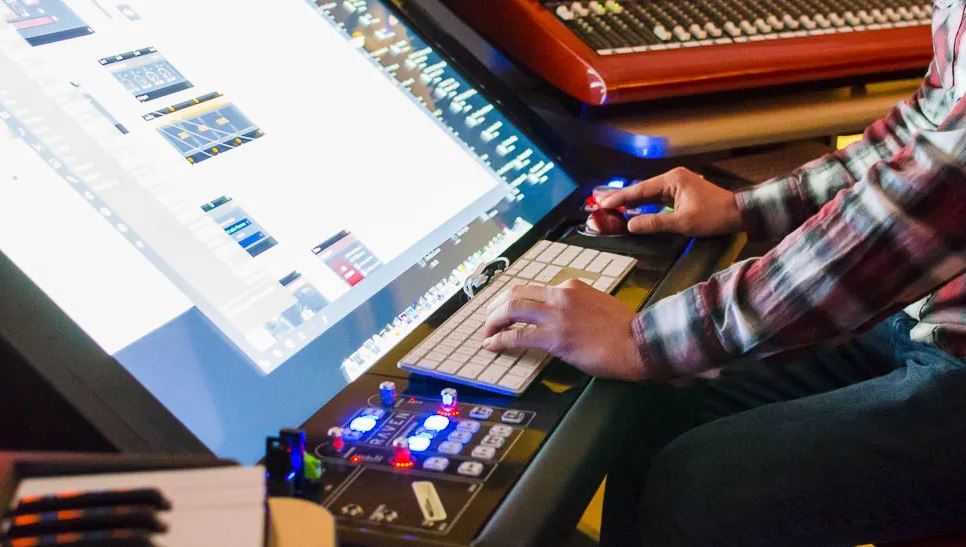
Via Dallas Innovates || By Tara Nieuwesteeg — Here’s a list of some of the area’s most exciting programs, with the universities across North Texas that are shaping the talent of the future.
Dallas-Fort Worth has more than 40 higher learning institutions, each with programs that incorporate on-the-job training and monitor the pulse of our rapidly changing technological landscape.
While North Texas houses tons of major corporations, another factor that makes it so formidable is the hub of learning establishments that have long called the area home. Fortunately, with so many local universities, North Texas has fostered a collection of pioneer programs in high-level facilities that monitor the pulse of our rapidly changing technological landscape.
These programs create an employment pipeline that funnels the best and brightest to top companies across the state—and beyond. Here are a few of them.
Artificial Intelligence/Machine Learning
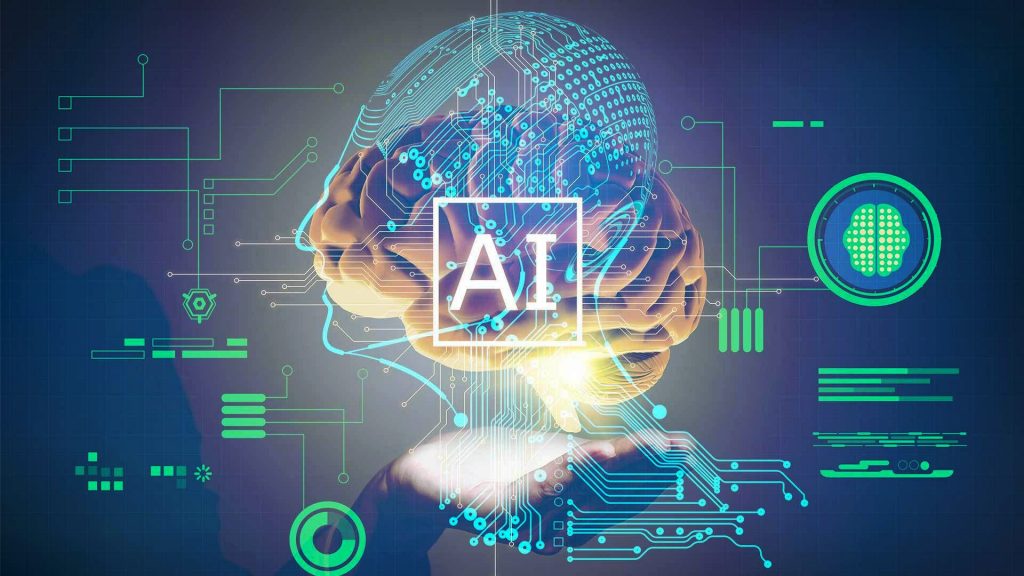
At the University of Texas at Dallas Computer Science, the Center for Applied AI and Machine Learning, within the Department of Computer Science, focuses on applying artificial intelligence and machine learning to create viable industry solutions and educate the next generation of scientists. Upon graduation, students often go into finance, logistics, healthcare, or software security – and companies, where they end up, might include Amazon, Facebook, Google, Microsoft, AT&T, JPMorgan Chase, Samsung, Dell, and many others, says Sriraam Natarajan, associate professor and director of the Center for Machine Learning.
While the Center for Applied AI and Machine Learning functions as a service arm that provides opportunities for students, the Center for Machine Learning functions as a research arm, facilitating faculty members’ development of algorithms while supporting educational activity and community outreach.
“We have a great faculty, and on top of that, we’re expanding the program,” Natarajan says. “We’re looking at the most recent trends in machine learning, and aligning our courses so that they match what the industry needs.”
The Department of Information Science at UNT, DataScience@SMU, and the Department of Computer Science & Engineering at UTA also offer courses, specializations, and concentrations in machine learning and artificial intelligence that help train students for cutting-edge jobs including software engineering, data engineering, application development, and programming.
Software Engineering
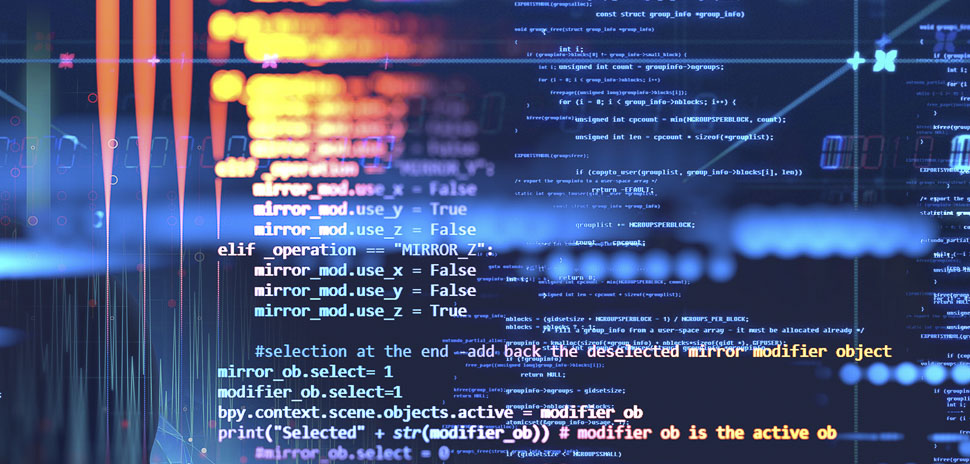
Software engineering is one field that opens doors in nearly every industry across the globe.
“Every company is a tech company,” says Duane Dankesreiter, Senior Vice President of Research and Innovation for the Dallas Regional Chamber. “You may be a big bank, but you need data analytics and software engineering to succeed.”
At the University of Texas at Arlington, software engineering students collaborate with local companies to hone their skills for the future while, at the University of North Texas, students test their mettle by solving practical problems. The Erik Jonsson School of Engineering and Computer Science at the University of Texas at Dallas is ranked eighth in the country for software engineering research and boasts cutting-edge forays into semiconductor design, wireless networking, organic electronics, and medical imaging. The school’s internship and cooperative education program places 12,000 students at local tech companies annually.
Cybersecurity
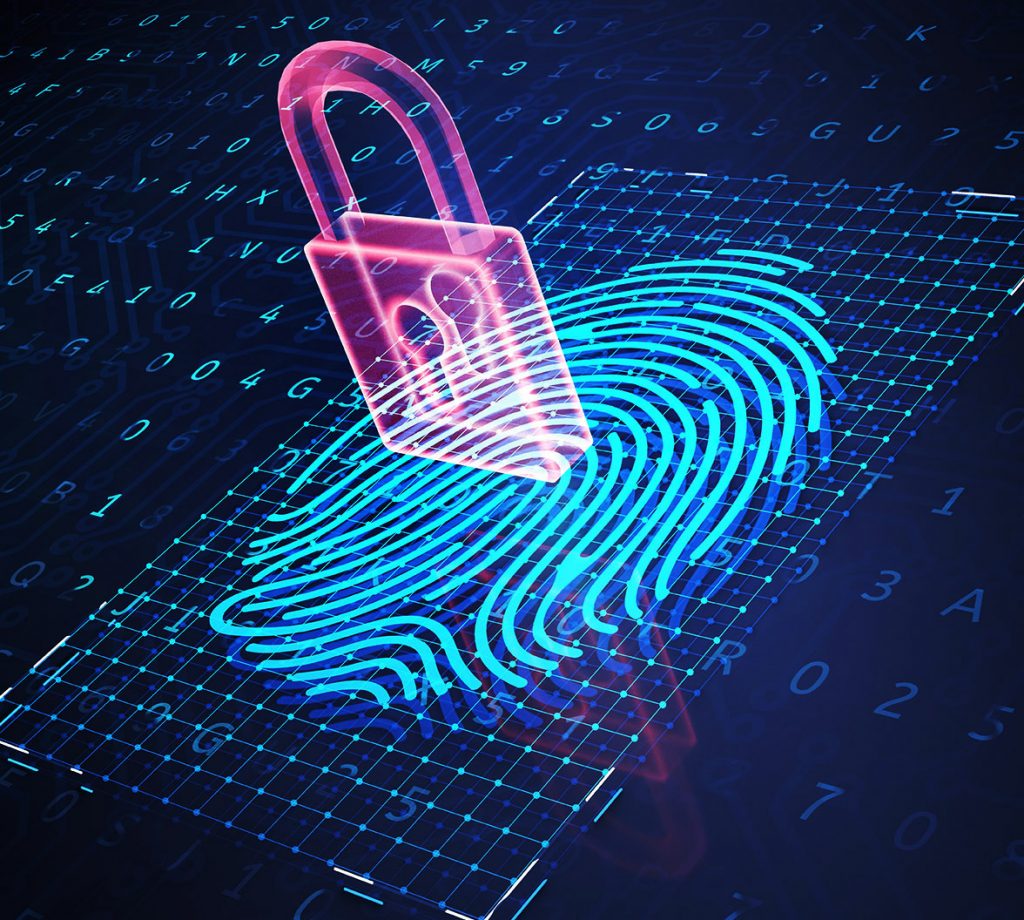
With the modern world inextricably linked to technology, information security will only become more important as the future races forward – and these concerns are top-of-mind for everyone from corporate leaders to everyday individuals. The Cyber Security Research and Education Institute at the University of Texas at Dallas is poised to address these concerns by conducting advanced cybersecurity research and providing inclusive education and training to enable the next generation of cybersecurity professionals to respond to the cyber threats of tomorrow. Additionally, faculty at Texas A&M University-Commerce is working to solve issues and concerns that revolve around resilience, risk awareness, and cyber-physical security.
Augmented Reality/Virtual Reality
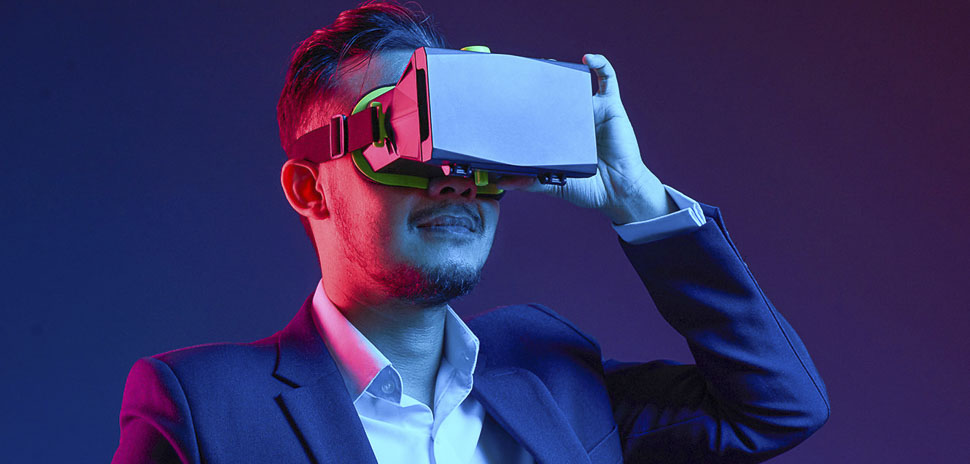
Art and tech overlap more with each passing day. SMU’s Simmons School of Education and Human Development utilizes augmented reality and virtual reality in its teaching projects. The University of Texas at Dallas houses one of the few motion capture and virtual reality laboratories in the country, and its applications range from gaming to military training scenarios to education and medical research. At UT Dallas’ ATEC School, students incorporate AR and VR into their capstone projects, like the fashion photographer who created an interactive magazine. The photos were digitally coated, and readers could use their phones to access video footage of the fashion models discussing their #metoo moments.
“Augmented reality is emerging as a new and popular media form,” Balsamo says. “It involves new technologies, so our faculty and students are investigating how we can use AR in interesting ways that help us as human beings.”
Medicine
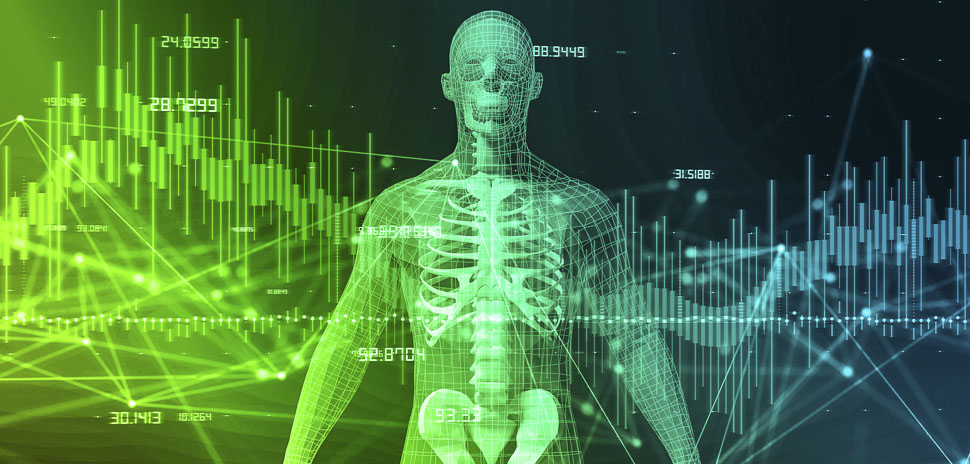
A pressing need for medical advancements in various disciplines is an expected side effect of a climbing population and across-the-board increased life expectancy. The University of Texas Southwestern Medical Center conducts research across a variety of fields, including cancer, heart disease, and neuroscience. With an award-winning staff, more than 200 laboratories, and annual funding of around $470 million, the Center trains around 3600 health professionals every year.
In the Biology Department at Texas Women’s University, researchers conduct pioneering investigations into pain management, and at the University of North Texas’s BioDiscovery Institute, researchers work with bio-based materials to discover their potential applications in construction, transportation, and healthcare. The UNT Health Science Center contains six schools that tackle forward-looking disciplines, like forensic genetics and Alzheimer’s research. Notable is UNTHSC’s School of Medicine, a joint collaboration with Texas Christian University that aims to create empathetic, globally conscious medical leaders.
Dr. Balakrishnan Prabhakaran, professor of computer science at the Erik Jonsson School of Engineering and Computer Science at the University of Texas at Dallas and director of the UT Dallas Multimedia Systems Laboratory, is focused on the application of telemedicine, which involves the delivery of medical care from a distance, such as through a text-based portal or a phone/video call. He has been working with the Dallas VA Medical Center to develop mixed reality therapies and remote psychical therapy options, allowing veterans to receive necessary care even when a doctor cannot be on site.
Source || Dallas Innovates || By Tara Nieuwesteeg
ABOUT THE UT DALLAS COMPUTER SCIENCE DEPARTMENT
The UT Dallas Computer Science program is one of the largest Computer Science departments in the United States with over 3,315 bachelors-degree students, more than 1,110 master’s students, 165 Ph.D. students, 52 tenure-track faculty members, and 44 full-time senior lecturers, as of Fall 2019. With The University of Texas at Dallas’ unique history of starting as a graduate institution first, the CS Department is built on a legacy of valuing innovative research and providing advanced training for software engineers and computer scientists.




